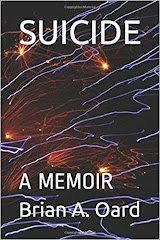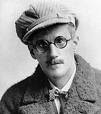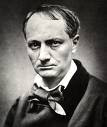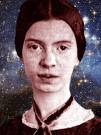Rereading Invisible Man, I find it even more intriguing and impressive than on my first reading, even though I'm now better equipped to spot its flaws, such as the Faulkner pastiche at the beginning of chapter five (Ellison sounding more like Oxford Bill than KC Ralph, exactly what one would expect of an American working on his first novel ca.1950) and the way Ellison explicitly states the subject of the next chapter at the end of each. Both are rookie errors and should be covered under the slack that readers must always grant a promising first novel, regardless of the reams of praise and commentary it has accrued.
But even with all its flaws--the intriguing minor characters who breeze past us and are lost to the narrative like missed exits on a freeway, the passages that sound too Faulknerian or Hemingwayesque, the rookie mistakes--Invisible Man remains a great novel that contains moments of awesome, astonishing power. Its greatness is on a level with The Tin Drum but not with Ulysses. Upon finishing it, I wonder if the ideology of liberal individualism expressed in the final pages is sufficiently exemplified by the preceding narrative, or if Ellison's flights of imagination lay the book open to deconstructive readings that might push the novel's ostensible liberalism into something more radical and militant (a kind of anarchism, perhaps) or more conservative (considering the novel's condescension toward its female characters). I suspect that the final fiction is less ideologically stable than Ellison intended, hence the explicit statement of ideology in the epilogue.
That said, Ellison's improvisations, his imaginative flights, his surrealism, all of this is marvelous. The novel is a better blend of naturalism and symbolism than Edmund Wilson achieved in Hecate County, and it approaches Kafka in its nightmarish intensity and inventiveness. This is the way to write an American novel.
Friday, December 12, 2008
Subscribe to:
Post Comments (Atom)










No comments:
Post a Comment